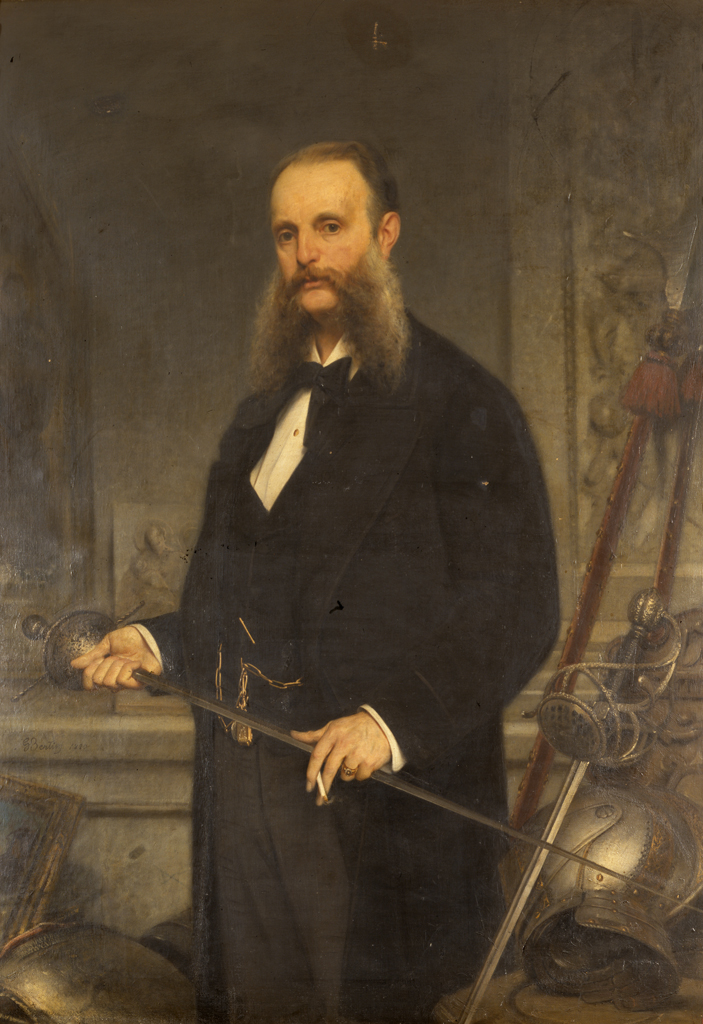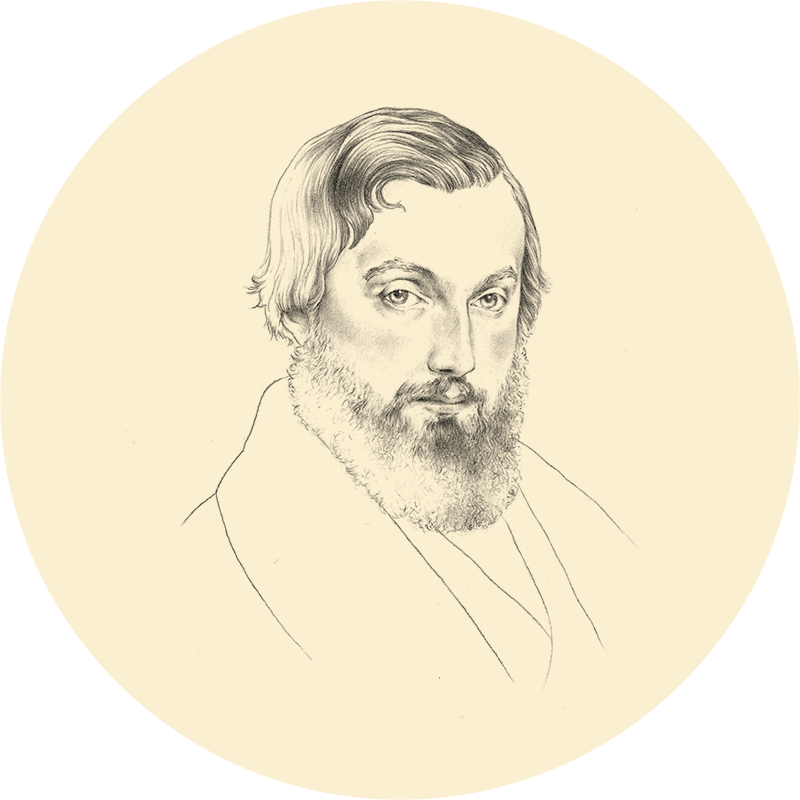Which was your true, authentic offspring. After the amorous passions of youth and, above all, the tumult of political passions. You joined the “Circolo dell’Unione” when you were just 19 years old, when it was located in Contrada San Giuseppe (today that street is called Via Verdi, in honor of another great “adopted” Milanese). The Circolo moved shortly thereafter, above Caffè Cova, near your palace. It was a refuge of fervent patriots, a place to weave anti-Austrian plots. Closed down on the night between 4 and 5 January, 1848, by the police, aware that you had been the ones to organized the smoke boycott, when for days the people of Milan stopped buying tobacco and gambling products, to choke off the income gained by the Austrians. It was all very well to resent the foreigner’s repressive boot, but touching the finances was worse than any insult. The indecorous reaction to that peaceful protest caused the first deaths in the city, leading up to the “Five Days of Milan,” the real uprising that drove the Austrians from the city. You generously financed the rebellion, and your house became the headquarters of the subsistence committee. When Marshal Radetzky made his return, armed to the teeth, he got even by levying an outrageous fine, 600,000 Austrian lire, and confiscating your palace, which was used as a military barracks. You wandered in exile for a couple of years: Lugano, Paris, London, then drifting back ever closer to home, by way of Florence – still with your mother, who continued to teach you about art, and beautiful things – and finally back to Milan, after paying the penalty.

Everything changed. Yours was a refined political strategy. Unassailable. If active politics could no longer be your field of action, you decided to focus on cultural policy. You paid, it is true. And you raised the ante, doubling the size of your property, constructing its twin, its mirror image: I am back, and I am bigger than I was before! On the terrace connecting the two volumes you placed the enormous sculptural group of Lorenzo Bartolini, inherited from Rosina. As a symbol of the richness of what could be found by entering your home, the free port of Milanese culture. A bronze copy of the sculpture is still there for all to see. It was immediately a territorial market, featured in every guide of the grand tour. A hinge that looked towards the street and could be seen from beyond the inner garden, towards the home of Alessandro Manzoni, author of the novel that established the national identity.
Your project was clear and irrepressible. You subsidized the first exhibition of Brera, in 1851, after it had been suppressed for years by the Austrians. It was necessary to start over again, from art. You knew, you were aware, that a people without a country can recognize its history, its glory, in art. You had known the world, it is true, but you didn’t need to travel far and wide to find what you needed. Milan, in those years, was the center of the most important art and antiques market in Europe. If something was to be purchased, one did it here: carpets, tapestries, ceramics, furniture, sculptures, paintings. Everything. Your peers were selling off family holdings to conserve their way of living. You bought. You were not interested in socializing, and you often generously granted your box at La Scala to friends. You could be seen in Brera, on the other hand. At the Accademia, or in the studio of Giuseppe Molteni, your dear friend, a painter and antiquarian.
